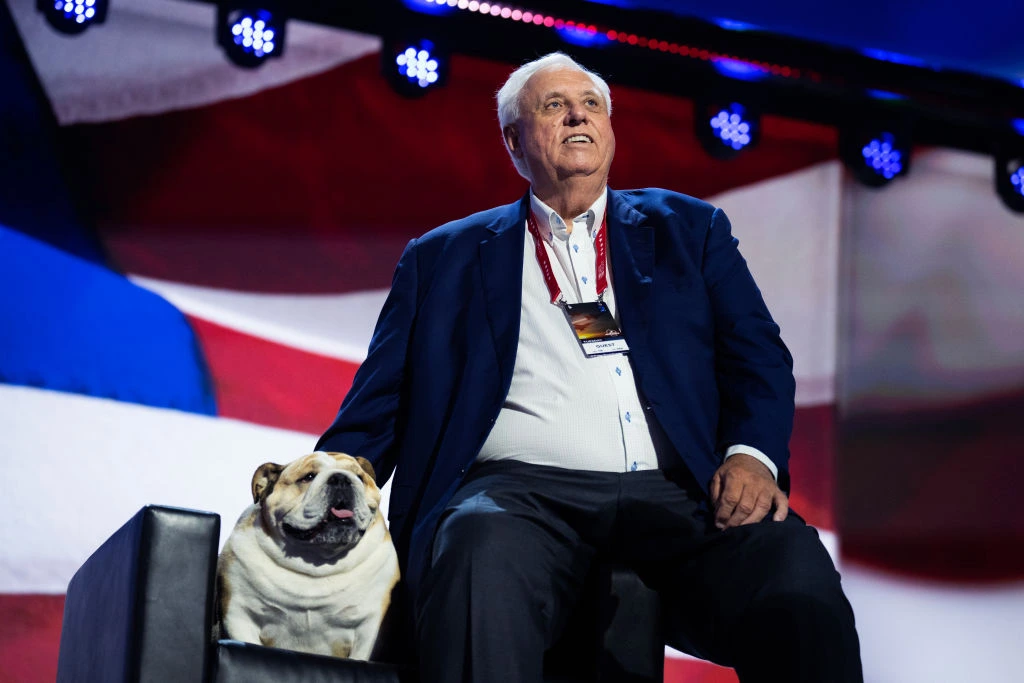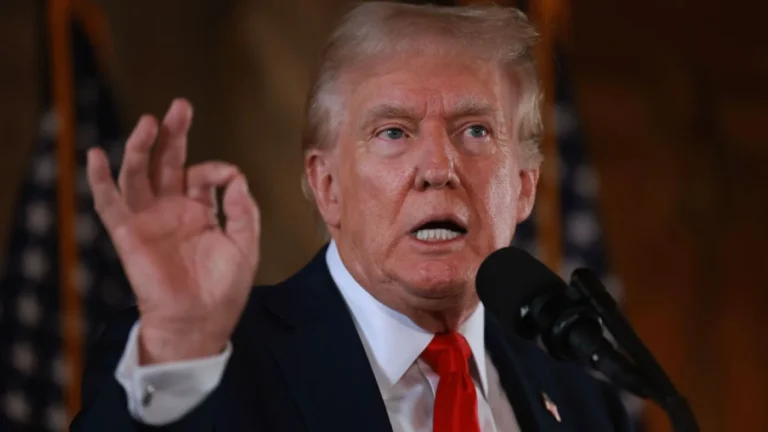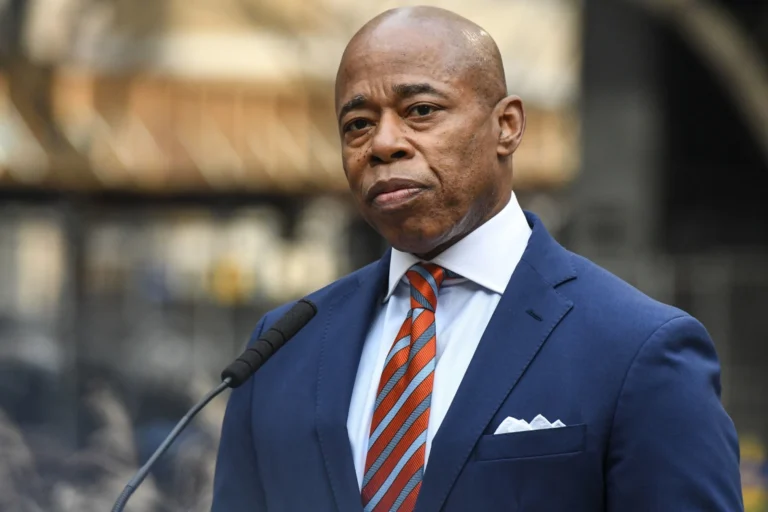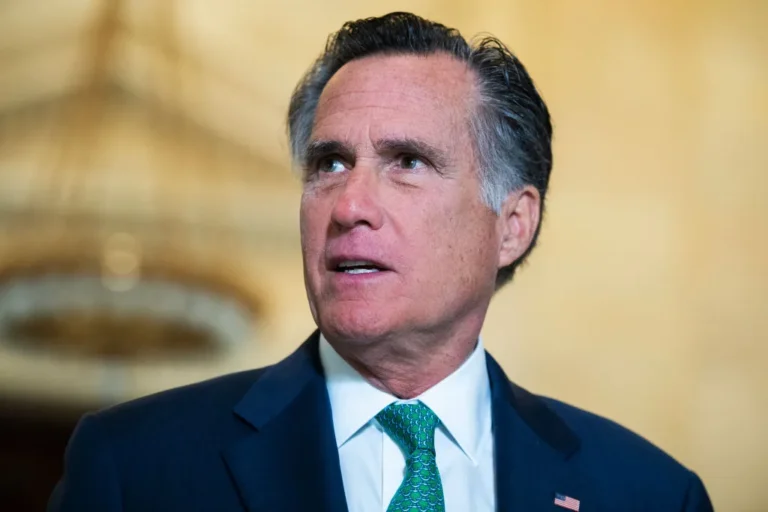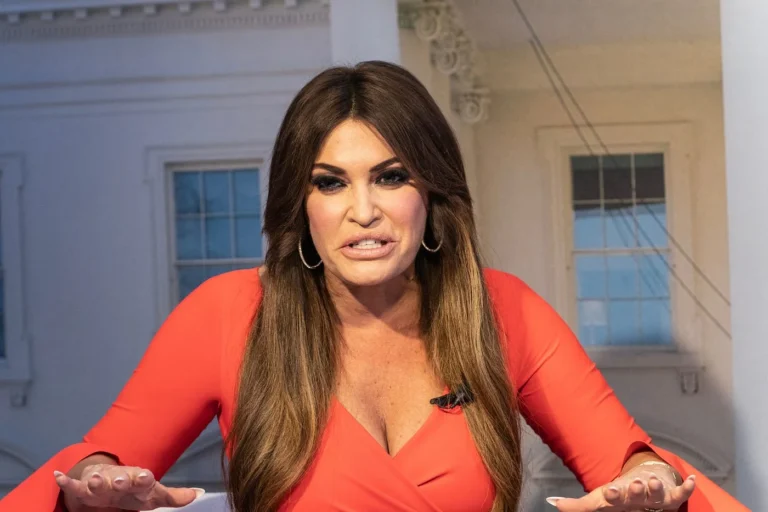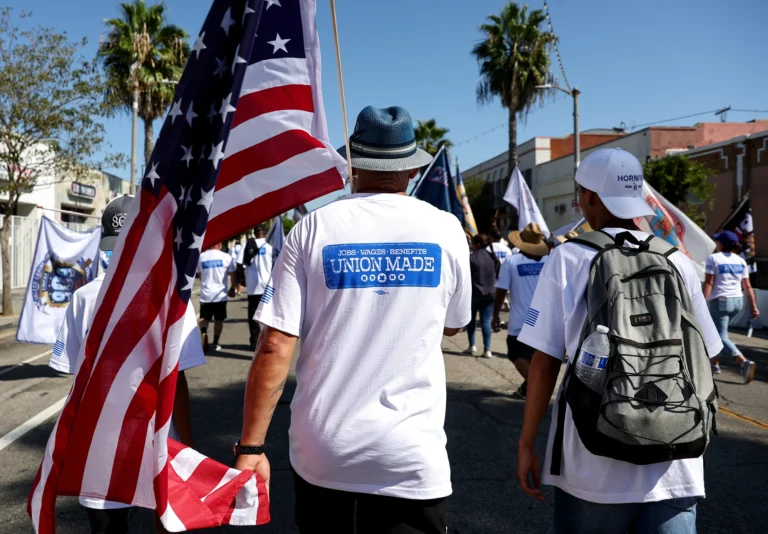The Impact of the Governor’s Race on Abortion Rights in West Virginia
In the wake of the post-Roe v. Wade landscape, West Virginia voters may find their opportunity to express their views on abortion during this year’s gubernatorial election.
State Attorney General Patrick Morrisey and Huntington Mayor Steve Williams have emerged as prominent figures in combating drug abuse in West Virginia, particularly in light of the state’s alarming opioid death rate. However, their stances on reproductive rights reveal a stark divide.
Morrisey, the Republican nominee, staunchly supports West Virginia’s stringent abortion ban, which allows for few exceptions. In contrast, Williams, his Democratic challenger, attempted to place an abortion referendum on the November ballot but was unsuccessful. He now believes that the public sentiment around this issue is more significant than Republican leaders assume, even in a state that overwhelmingly backed Trump in the past two elections.
“Freedom will be on the ballot one way or another,” Williams remarked, highlighting his engagement with women from various political backgrounds who are frustrated with current legislative restrictions.
Unlike other states that have conducted referendums on abortion after the federal protections ended, West Virginia lacks a citizen-led ballot initiative process. The state’s Republican-controlled legislature, with supermajorities in both chambers, has so far dismissed Williams’s petition, which garnered thousands of signatures from West Virginians advocating for a vote on abortion.
Notably, in some Republican-leaning states like Kansas and Kentucky, voters have successfully pushed for amendments to protect abortion rights. This suggests that even in a heavily Republican state like West Virginia, the differences between candidates could influence voter decisions.
If elected, Williams pledges to press lawmakers to put abortion on the ballot or ease restrictions, asserting that if they refuse, he would use executive orders to restore access.
Morrisey contends that West Virginia is fundamentally a “pro-life state,” referencing a 2018 constitutional amendment in which nearly 52% of voters supported a measure stating there is no constitutional right to abortion access in the state. However, this vote took place during a midterm election with low turnout and before the Supreme Court’s decision returned authority over abortion to the states. Additionally, the amendment primarily concerned state funding for abortion, leading some to oppose the measure while still supporting access to the procedure.
West Virginia soon enacted its abortion ban, joining 12 other states in prohibiting the procedure.
Morrisey argues that voters have the power to oust lawmakers if they disapprove of their actions. “My opponent is part of the Biden-Harris far-left movement,” he said, suggesting that this is not in line with West Virginians’ values.
However, Margaret Chapman Pomponio, executive director of the reproductive health advocacy group WV FREE, expressed confidence that West Virginians would support abortion rights if given the chance. “Lawmakers will not do it because I believe they know that they would lose,” she said.
Pomponio also voiced concern that many people remain unaware of how restrictive the current law is. Following the Supreme Court’s decision, the West Virginia legislature convened multiple times to discuss potential abortion ban proposals. After considerable public outcry, lawmakers ultimately approved the ban without allowing for public comment, leading to a sense of distrust among constituents.
“I think that really does create a sense of distrust, anger, and apathy because they did not feel heard or respected,” Pomponio explained. “Why go to the polls if you know that your elected officials are going to ignore you?”
WV FREE’s affiliated organization, the WV FREE Action Fund, has been actively working to mobilize voters ahead of the election, finding that many are not fully aware of the law’s limited exemptions. For instance, adult victims of rape and incest can obtain abortions in-state only until they are eight weeks pregnant, while child victims have a window of up to 14 weeks. Additionally, these victims must report their assaults to law enforcement 48 hours before the procedure—a requirement that poses challenges since many do not report their assaults.
“We have to continually explain to people that the exemptions have been very disingenuously portrayed by politicians who want the public to think that there’s more compassion in the ban than there is,” Pomponio noted.
In terms of campaign dynamics, data from AdImpact indicates that Democrats have spent very little on the gubernatorial race, while Morrisey and supporting Republican groups have invested over $36 million in advertising for his campaign.
